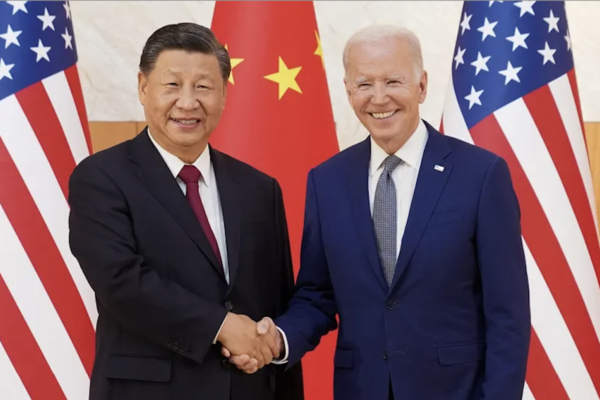According to White House officials, Chinese President Xi Jinping and US President Joe Biden have agreed to meet in mid-November in San Francisco on the occasion of the Asia Pacific Economic Cooperation (APEC) forum. The details of the proposed meeting were discussed between Chinese foreign minister Wang Yi and top American officials, including President Biden, Secretary of State Antony Blinken, and national security advisor Jack Sullivan, during his recent US visit.

Founded in 1989 and headquartered in Singapore, APEC is a 21-member intergovernmental forum to promote economic integration in the Asia Pacific region. Its members include Australia, China, Japan, Russia, South Korea, and the United States. The most recent meeting, which took place in Bangkok, Thailand in 2022, focused on economic recovery and growth in the post-COVID era. The 30th annual meeting will take place this year from November 11th to 17th in San Francisco, while the 2025 annual meeting will be hosted by South Korea.
The news of the proposed meeting between the US and Chinese leaders is significant in many ways. Their bilateral relationship is currently going through a difficult phase, owing to US sanctions on advanced technology transfer to China and Chinese officials, as well as disagreements on China’s role in the South China Sea and the status of the island of Taiwan.
In addition, there are major disagreements between the two sides on the conflicts in Eastern Europe and the Middle East. The previous meeting between the two leaders took place last November on the sidelines of the G20 Summit in Indonesia. In a statement issued after that summit, President Biden criticized China’s approach to Taiwan, labeling it “coercive and increasingly aggressive”. President Xi labeled Taiwan a “red line” in China-US relations. Among the decisions made in the meeting was a future trip from Secretary Blinken to China. However, the bilateral relationship soured afterwards when a Chinese balloon was shot down over the US, leading to Secretary Blinken canceling his planned trip.
Since the Russia-Ukraine conflict in 2022, China has kept a close economic and political relationship with Russia. There has been a surge in bilateral trade; joint exercises between their militaries have been conducted, and in March President Xi paid a visit to Moscow. The two countries are also actively working together to form their own bloc and using multilateral institutions such as the Shanghai Cooperation Organization (SCO) and BRICS to project their influence. This growing proximity has been strongly criticized by Western leaders, and many Western experts see the economic cooperation as extending a lifeline to the Russian government, protecting it from the full effect of the several sanctions imposed by the US, EU, and other Western bloc countries.
More recently, the US and China have taken opposing sides as various UN members worked to contain the highly tense situation in the Middle East. China backed the UN Security Council (UNSC) resolutions proposed by Russia and Brazil that called for a ceasefire, while the US opposed them. A US-drafted resolution calling for a humanitarian pause was in turn vetoed by China and Russia, which not only led to a deadlock in the UNSC but also served to further illustrate China’s geopolitical proximity to Russia and opposition to the US-led alliance.
Although it is unrealistic to expect a major reset in the China-US relationship from just a single meeting, the fact that there is high-level contact between arguably the two most important countries during an era of heightened global conflict presents an opportunity to establish new frameworks for conflict resolution. It may lead to developments on peace talks surrounding Eastern Europe and the Middle East as well as other pressing matters such as climate change, as the two countries are the best placed to lead the global transition to a green and sustainable economy.

